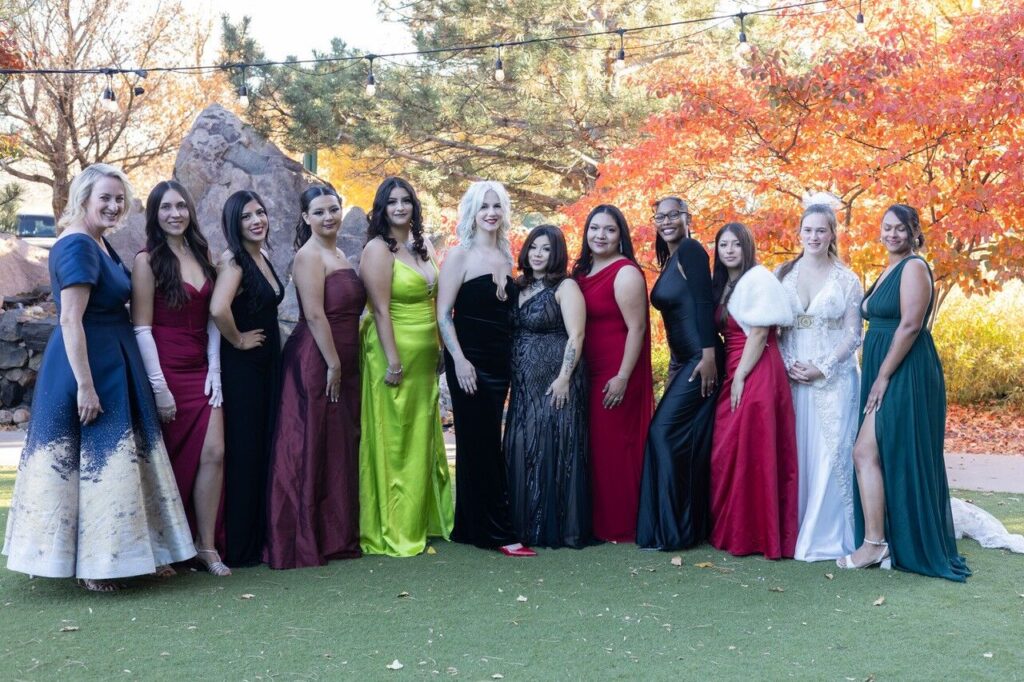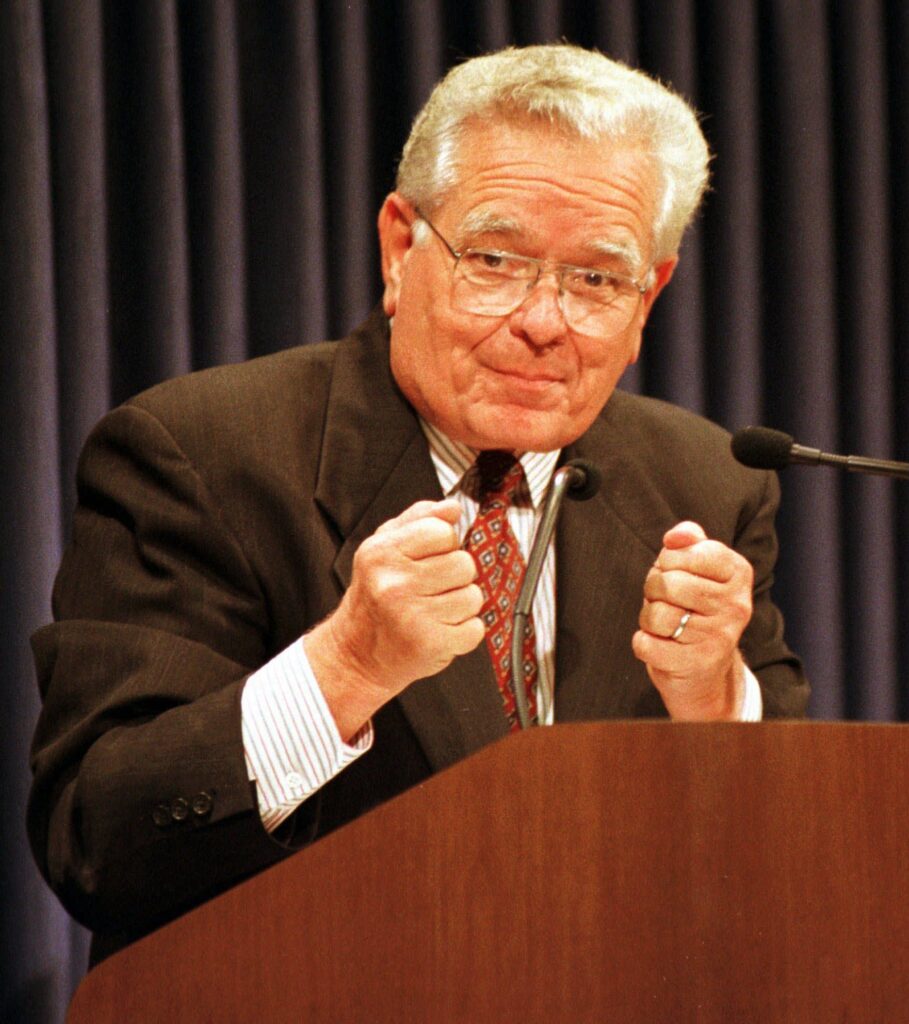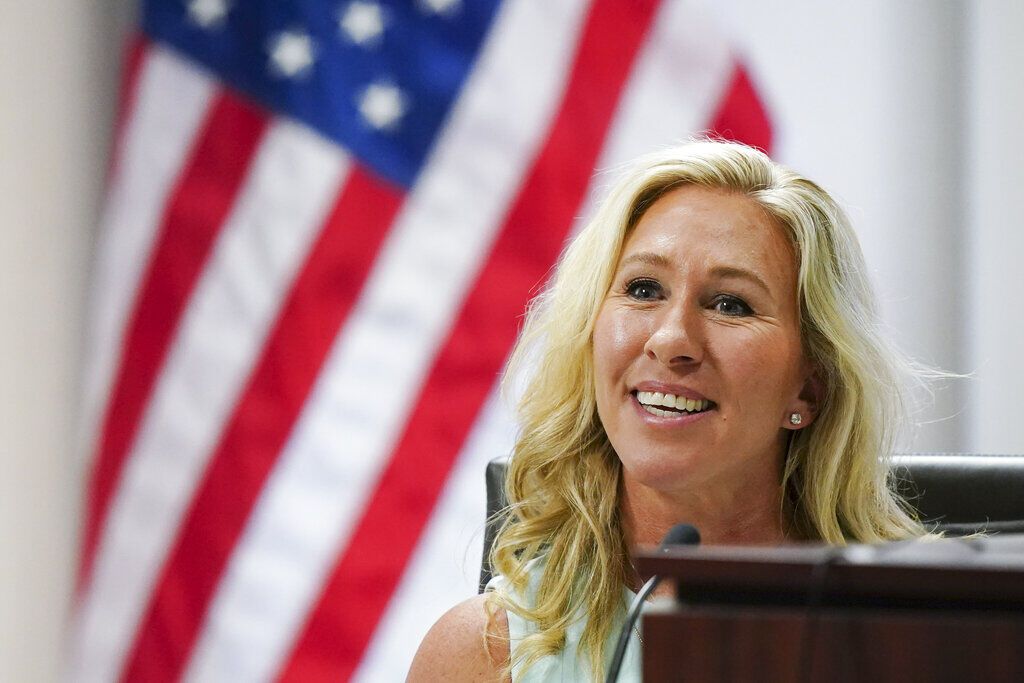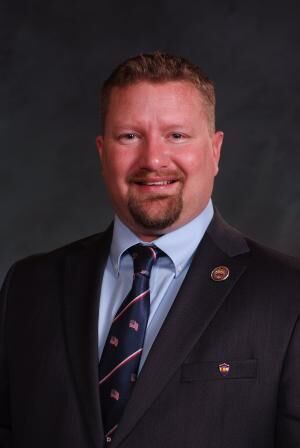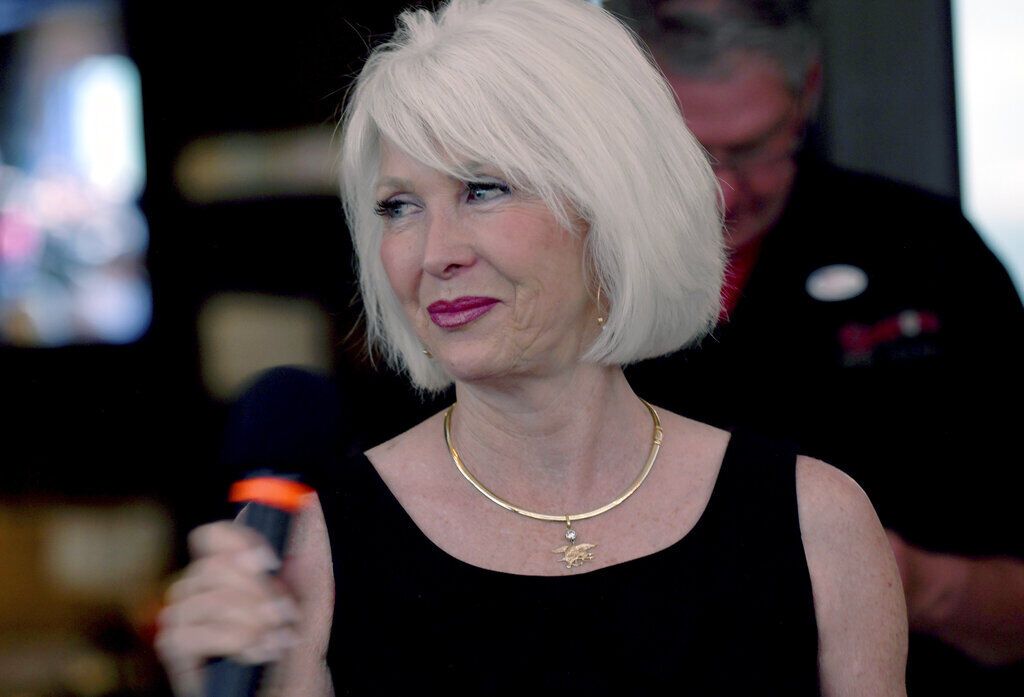Modified Colorado bill bans firearms in state Capitol

Colorado lawmakers substantially modified a proposal that originally listed nearly 20 places where a person would be prohibited to carry a firearm – even with a concealed weapons permit – to only a handful of areas, notably including higher education institutions.
In narrowing down that list, the legislators added a new place where guns would be banned – the state Capitol. And, under the modified bill, that ban would apply to legislators.
The amendments allowed Senate Bill 131 to secure the support of Sen. Dylan Roberts, D-Summit County, and ultimately the approval from the Senate Judiciary Committee on a 3-2 party-line vote.
Roberts had worked with the bill’s sponsors, Sens. Sonya Jaquez Lewis of Longmont and Chris Kolker of Centennial, both Democrats, to come up with the changes.
After the hearing, Kolker said his intention was always to impose a statewide policy banning weapons at Colorado’s public higher education institutions.
The issue has been a particular sticky one for the University of Colorado, whose policy since the 1970s prohibited anyone from carrying a firearm on any of its four campuses.
In 2003, lawmakers passed the state’s concealed carry weapons law, which allowed individuals who are at least 21 years of age to hold a permit, though with a long list of exceptions.
Since the law didn’t specifically say it applied to CU, the university claimed its policy banning guns was still valid.
In 2009, a group of students sued the university, and in 2010, the Colorado Supreme Court ruled in favor of the plaintiffs.
As introduced, SB 131 listed 19 “sensitive spaces” where someone could not bring a firearm, such as public parks, recreation centers, schools, universities, courthouses, at rallies, protests or marches, in medical facilities of all kinds, banks, places of worship, day cares, shelters and libraries.
As modified in what’s called a strike-below amendment, lawmakers shrank the list down to a few areas – to colleges, universities and schools; local government offices and courthouses; and, polling locations.
They also added to the list the Colorado General Assembly, which was not originally in the bill.
Actually, the public is already prohibited from bringing firearms into the state Capitol.
But lawmakers have for years brought firearms onto the Capitol grounds, sometimes with unintended consequences.
In January, a lawmaker’s truck was broken into in the Capitol parking lot, and two handguns were stolen. Two years ago, another legislator, while rushing to a vote on the House floor, dropped his unloaded gun outside the House chambers. And 10 years ago, a lawmaker left a loaded firearm in a committee room where a hearing had just taken place.
The modified bill would prohibit firearms virtually anywhere in the state Capitol, including in lawmakers’ offices, on the floor of the House or Senate, and in committee hearing rooms.
The practical effect is that it would ban lawmakers from bringing weapons into the state Capitol.
Jaquez Lewis said “legislative spaces” are considered “sensitive places.”
The bill was drafted against the backdrop of landmark U.S. Supreme Court decisions on guns.
In a 6-3 decision in New York State Rifle & Pistol Association v. Bruen, the court in 2022 ruled that the ability to carry a pistol in public is a constitutional right guaranteed by both the Fourteenth and Second Amendments.
While the ruling pertained specifically to concealed weapons, it has been more broadly interpreted to apply to gun regulations nationwide. It also led to legislative proposals prohibiting guns in “sensitive” places.
Notably, New York, California, New Jersey and Hawaii have all approved bills banning firearms in “sensitive places” in the wake of Bruen. These new laws have been largely upheld in the face of court challenges.
Meanwhile, in District of Columbia v. Heller, the U.S. Supreme Court concluded that the Second Amendment protects the right to keep and bear arms for lawful purposes.
Colorado’s lawmakers also changed SB 131’s title to remove the “sensitive spaces” language and to replace it with “concerning prohibiting carrying a firearm in spaces recognized by the United States Supreme Court as places at which longstanding laws prohibited carrying firearms.”
That new title substantially narrows the scope of the bill, a change backed by Roberts.
After the hearing, Jaquez Lewis said the measure would align Colorado law with what’s happening in other states. She also said even states like Texas ban firearms in bars and other places.
A five-hour committee hearing on March 20 drew close to 200 witnesses.
Ashlee Springer of Colorado Springs, who testified against the bill, said the Capitol has been designated as a “sensitive space” – “secure and safe because of the presence of guns, not because of the absence of them.”
She said the sponsors insist the bill does not remove the right to bear arms -which is true – but it removes her ability to exercise that right.
That’s a difference “without a distinction,” she said.
The bill would require her to relegate her daily safety to a law enforcement officer who isn’t sitting next to her in church, at the county fair or at the park. Her safety is her responsibility, and her right to defend herself wherever and however she sees fit, she added.
SB 131 now moves to the full Senate for debate.




